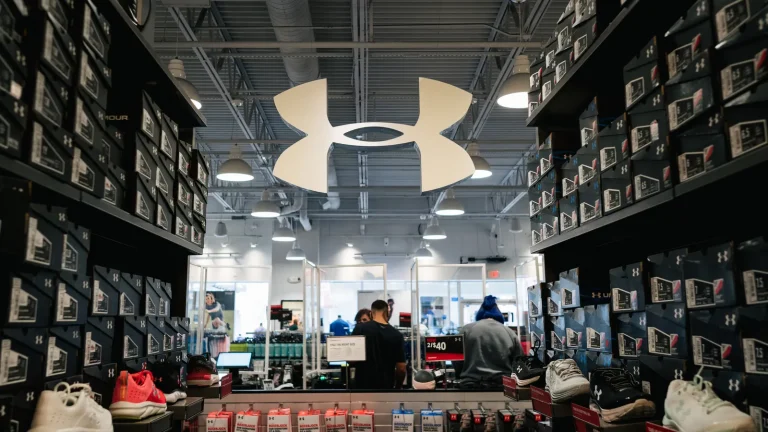AI Adoption Rising in Retail
Retailers’ AI adoption continues to grow, even as industry leaders raise questions about reliability. A Monday.com survey of more than 1,800 executives revealed that more than half of retailers expect AI to manage most customer interactions within five years.
At the same time, over 60% of respondents voiced concerns about quality and consistency in AI-generated outputs. Issues such as data privacy, integration complexity, customer acceptance, high costs, and employee resistance remain major barriers. Yet nearly two-thirds believe businesses that delay adopting AI agents for the next two years risk falling behind competitors.
Why Retailers Still Push Forward
Economic headwinds are prompting companies to accelerate their technology investments. Leaders see AI as a solution for streamlining operations, cutting costs, and improving customer experience. Many believe that despite its risks, AI can deliver competitive advantages in pricing, forecasting, and inventory management.
Read Also
Goodwill Bloomington Relocation
American Dream Mall Blue Laws
Retail Industry AI Concerns
In-Store Experience Trends
Under Armour’s AI Restructuring
Under Armour highlighted its AI efforts during its Q1 2026 earnings call. Founder and CEO Kevin Plank explained that the company is moving from siloed teams to collaborative models supported by real-time data.
“AI is becoming more integrated across the business, enhancing design, planning and forecasting,” Plank said. After two years of platform development, Under Armour has built more than 80 automations covering predictive pricing, inventory management, and product execution.
These changes come during a restructuring phase as the company faces a 10% revenue decline and a $305 million net loss. Executives argue that advanced technology can help reduce time to market and strengthen operational efficiency.
Advance Auto Parts and AI Tools
Advance Auto Parts is also leaning on AI to address poor performance. While the company lowered its full-year outlook, executives used their Q2 2025 call to highlight technology’s role in reshaping store experiences.
CEO Shane O’Kelly said the company’s new assortment management framework depends heavily on advanced tools, including AI. This system allows smarter, faster decisions in product planning, a process that previously relied on manual input.
The framework now covers the top 30 designated market areas and is on track to expand across 50 markets, representing 70% of sales by the end of Q3. According to O’Kelly, “These innovative tools are enabling us to introduce greater intelligence in the assortment planning process.”
A Balancing Act for Retail
The survey data and company case studies show that retailers’ AI adoption is not slowing, despite unresolved challenges. Leaders balance optimism with caution, acknowledging risks while betting on AI’s ability to reshape the sector. For many, the decision is no longer whether to use AI, but how quickly it can be deployed without alienating customers or overwhelming teams.

